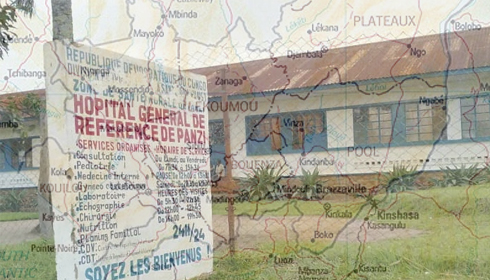
WHO increases assistance to diagnose mysterious illnesses in the Democratic Republic of Congo.
The World Health Organization (WHO) is increasing its assistance to health officials in the Democratic Republic of the Congo (DRC) in determining the source of a strange illness reported in Panzi, a village in Kwango Province. WHO has been collaborating with local teams to improve disease surveillance since late November, and is currently deploying an expert team to support these efforts.
Symptoms such as headache, cough, fever, breathing difficulties, and anemia distinguish the condition, which has resulted in 394 cases and 30 deaths to date. While laboratory studies are underway, the cause remains unknown. Health officials are looking at respiratory viruses like influenza or COVID-19, as well as other diseases like malaria and measles, as possible causes.
WHO professionals, including epidemiologists, doctors, and laboratory technicians, are en route to Panzi to provide critical assistance. The team will provide diagnostic and sample collection kits, as well as necessary medicines and supplies. Their responsibilities include conducting epidemiological investigations, active case detection, and promoting infection preventive measures through community participation.
Dr. Matshidiso Moeti, WHO Regional Director for Africa, stated, "Our top objective is to provide appropriate assistance to the afflicted families and communities. We are making all efforts to determine the cause of the illness, understand its modes of transmission, and ensure an appropriate response as soon as possible."
Access to Panzi remains difficult due to its isolated position, nearly 700 km from the capital, Kinshasa, with poor road infrastructure and limited communication networks. The disease has spread to seven of Kwango Province's 30 health zones, with three zones accounting for the majority of cases.
WHO has agreed to provide updates on the current investigation and response operations when new information becomes available.